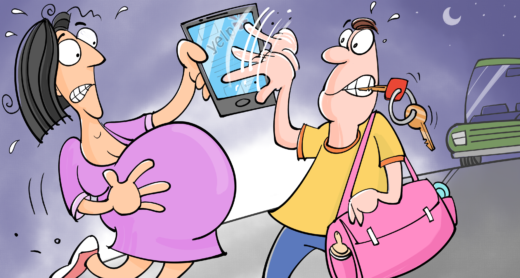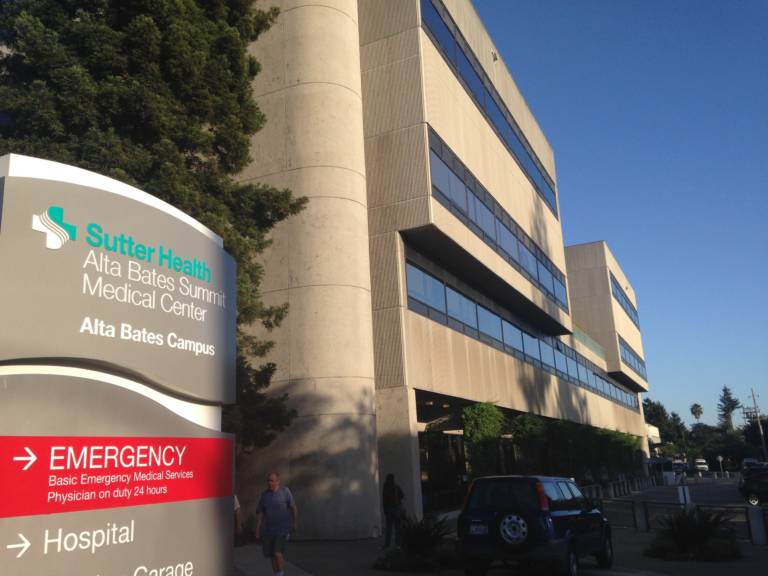Shannon Eis, vice president of communications at Yelp, says this would have been helpful information to have when she gave birth to her son in New York. It was her second baby, everything felt normal, when all of a sudden alarms started going off and she was rushed into an emergency C-section.
“I had never considered myself a C-section risk,” she says. “I later found out I gave birth at a hospital that has the highest emergency C-section rate in all of New York City.”
Eis says putting this data on Yelp will help women choose a hospital that is aligned with their birth plan, so they won’t have to negotiate with doctors and make tough choices while they’re in labor.
“All these decisions are washing over you so fast, and so if you haven’t done the research to put yourself in the right environment, where whatever your decisions are can be honored without the tremendous pressure and fear – women are trying to do more planning around that,” she says.
The reaction from the state’s hospital industry group was low-key.
“We have always supported transparency – this effort simply takes it more directly to consumers,” says Jan Emerson-Shea, from the California Hospital Association. “We’ll have to see how it works.”
When the data first went public on government and foundation websites a few years ago, hospitals generally responded by trying to improve care for women, Teleki says. But she’s curious to see how hospitals will respond when those statistics are put right in front of consumers, through the online megaphone of Yelp.
“For hospitals that are doing well, that’s a good thing,” she says. “For hospitals that need to improve, I’m sure they will feel some heat and perhaps be discouraged about the release.”
California is the first state where Yelp is rolling out this data. With one in eight babies born in the US born here, Eis says it’s the perfect place to test the product before rolling it out to other states.
“If the state of California can do this with the biggest data set in the country, the biggest birthrate in the country, any other state can do it,” she said.

